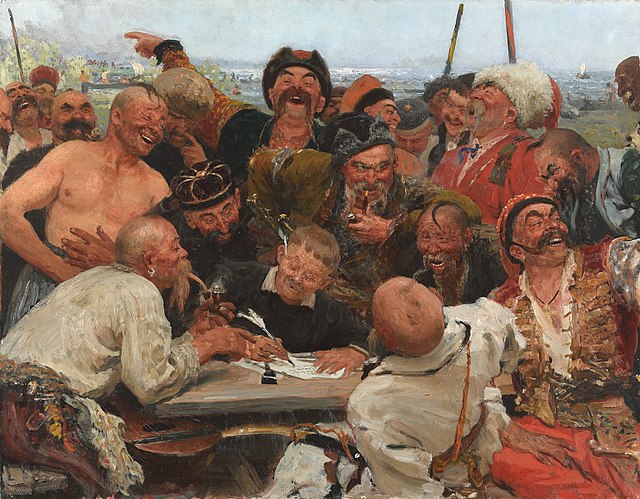
Lets interact to establish a community and to shun capitalism. Image: Public Domain.
Now that „Underground Gaming“ has both reason and definition, one question remains: How do we do Underground Gaming? Some ideas are easy to implement for players and devs alike; others are easy to implement for developers. Finally, others will need some community effort. Let’s see how far we can get.
For everybody:
- Search for Underground Games. Play them. Give feedback to the people who made them. They will be glad.
- Perceive games as art, not as a product. What makes a game good art as opposed to a good product?
- We should discuss how a community to talk about Underground Gaming could look like. Would you like a BurningBoard? Do you regard Lemmy, Matrix, or Mastodon as the best place? There is no need to arrive at one common solution, but reducing the fragmentation of the Underground Gaming scene is a fundamental step to allow to find each other, exchange ideas, and to grant mutual support. I’ll create threads on the various platforms for hobbyist/Underground Gaming I’m aware of; if you aren’t active there, you might also comment here or contact me via E-Mail: contact<DontSpam]><thunderperfectwitchcraft.org (replace <DontSpam]>< with an @).
- Spread the word to communities concerned with hobbyist game making, modding, or playing that you know of.
- Bring your own ideas and try to realize them – if things work out, you’ll receive help in doing so. Everybody is creative – lets try to create a scene were the border between creator and consumer is dissolved.
For developers:
- Make non commercial games. This doesn’t mean, however, that you can’t take money for your games. Non-commercial gaming shouldn’t mean self-exploitation. Using the option to make payments voluntarily, offering a way to compile the game from source while offering a paid binary, offer to exchange it for other games or media done by other underground artists, or – as a minimal definition – by not using any money as a budget that isn’t your own while not trying to make a noteworthy revenue from your own investment of time or money could be good boundaries to set. This should be discussed in detail within the community.
- Shun every predatory tactic: Ingame shops, freemium stuff, microtransactions or data sniffing are obvious no-gos.
- Communicate with your players and other developers, share your knowledge and exchange feedback; if possible, open up your games for modding and edits.
- Consider to use #UndergroundGame as a tag for your games. This way, you make yourself detectable for other who identify as part of the scene. You can also use #UndergroundGame additionally to the #IndieGame tag. In my opinion, work in progress projects, betas and demos shouldn’t be tagged as Underground Game before you regard them to be finished. What do you think?
- Consider making your games free software; this goes especially for the code.
- Consider to prefer community driven, independent social media over the big players when communicating about your games.
- Consider to interact and to collaborate with others – be it other developers from the Underground Scene, people active in other underground art scenes (music, poetry, graphics, and so on), people who engage in progressive politics, or content creators on decentralized media.
- If you are on Itch, consider joining the Underground Games Collection. It is not a jam as it isn’t intend to produce a result (no voting or anything) and doesn’t end but a place to gather Underground Games on Itch.
[…] Part 4: practical questions […]